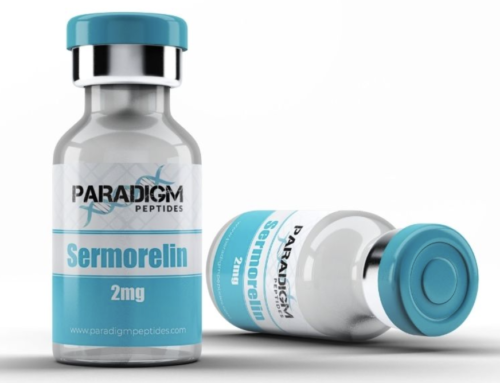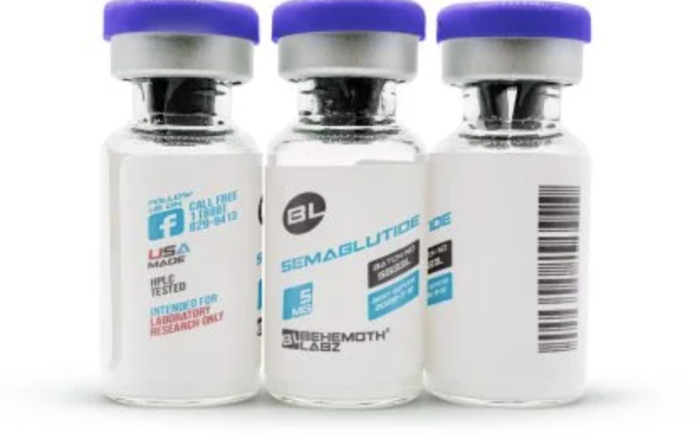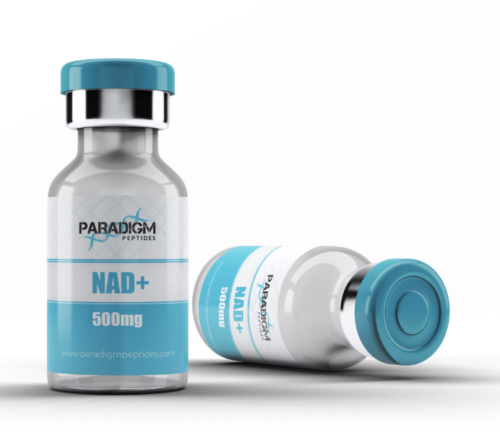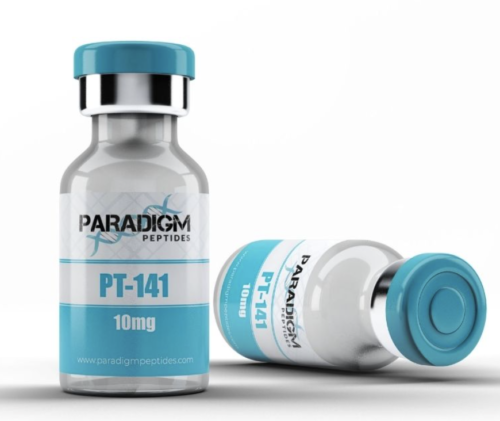Intracavernous pharmacotherapy, also known as intracavernosal injection therapy, is a form of treatment for men with erectile dysfunction (ED). ED is a common condition that affects the ability to achieve and maintain an erection during sexual activity.
Intracavernous pharmacotherapy involves the injection of a medication directly into the penis. The medication causes the smooth muscle of the penis to relax, allowing blood to flow into the cavernous bodies, resulting in an erection. The medication typically takes effect within 5-20 minutes and the effects can last for up to an hour.
There are several different medications used in intracavernous pharmacotherapy, including alprostadil, papaverine, and phentolamine. Alprostadil is the most commonly used medication and has been shown to be effective in producing an erection in over 80% of men with ED.
Intracavernous pharmacotherapy is a highly effective form of treatment for ED, especially for men who are unable to take oral medications due to underlying medical conditions such as cardiovascular disease. It is also a good option for men who have not responded to other forms of ED treatment, such as oral medications or penile implants.
It’s important to note that intracavernous pharmacotherapy should only be used under the supervision of a healthcare professional. The injections can cause side effects such as pain, bruising, and priapism (prolonged erection), so it is important to follow the instructions provided by your healthcare provider.
In conclusion, intracavernous pharmacotherapy is a highly effective form of treatment for men with erectile dysfunction. It involves the injection of medication directly into the penis and can produce an erection within 5-20 minutes. This form of treatment is especially useful for men who are unable to take oral medications or who have not responded to other forms of ED treatment. However, it should only be used under the supervision of a healthcare professional.













Leave A Comment